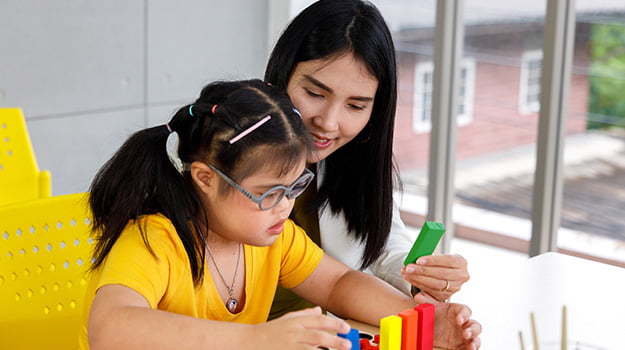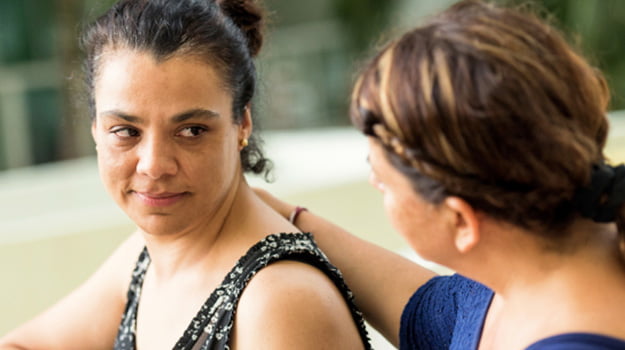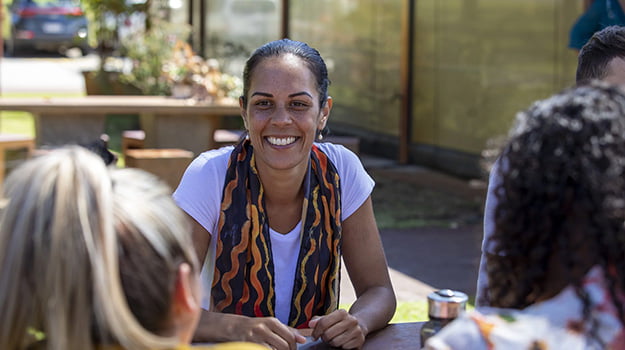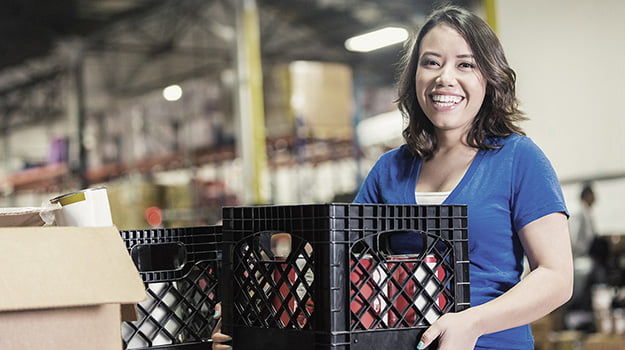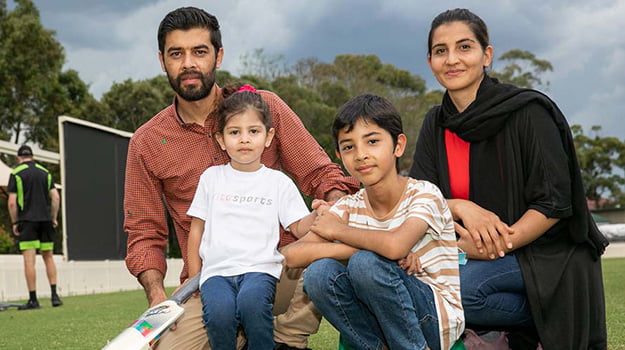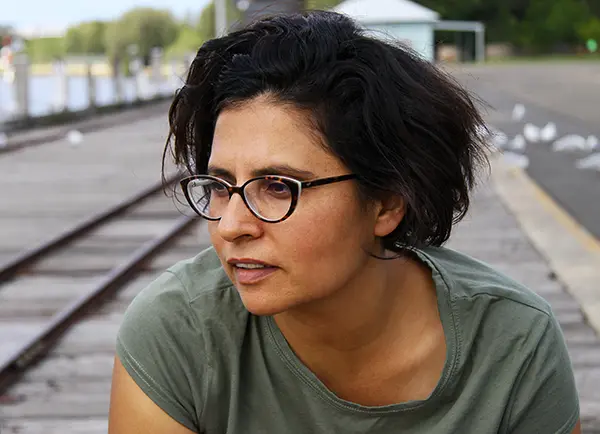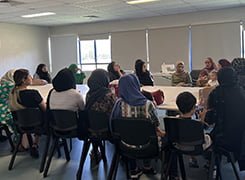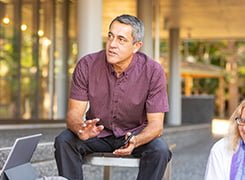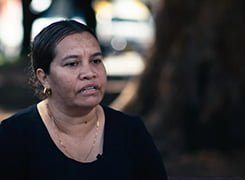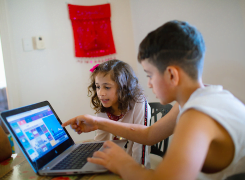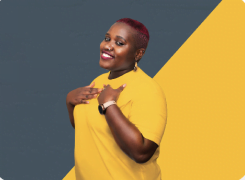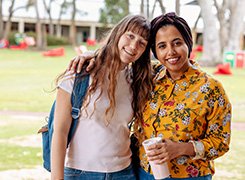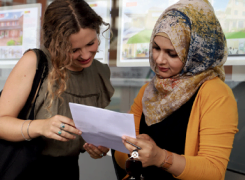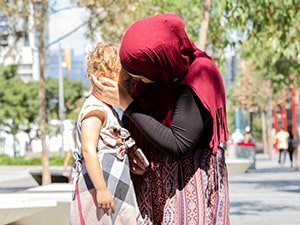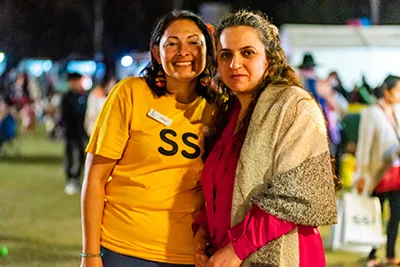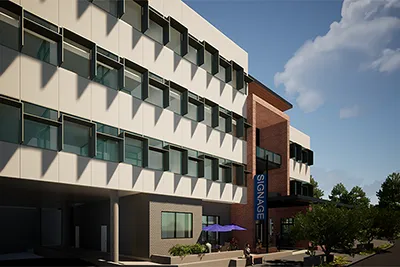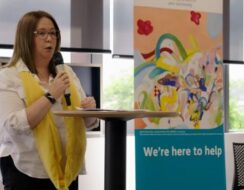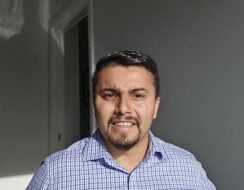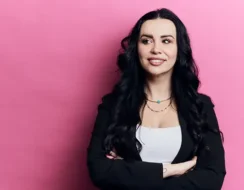11 Jun 2024
Case StudiesAmbitious engineer pursues Australian career despite local experience roadblock
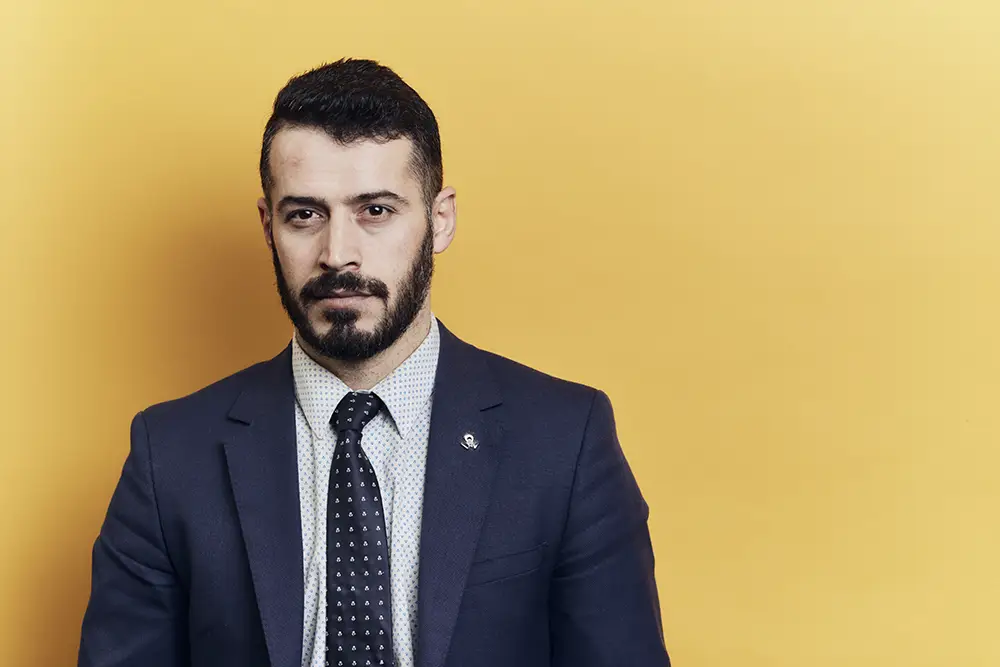
Since arriving in Australia in 2023, Syrian refugee and Automation Engineer, Alaa Daher has done all the right things to find employment in his field. He developed his English language skills, gained his driver’s license, had his Bachelor’s degree recognised, and completed work-readiness workshops. Yet the ambitious 37-year-old has received the same response to the more than 70 job applications he has submitted – “Sorry, you need Australian work experience”.
Before the war in Syria forced Alaa to leave his homeland, he completed a Bachelor of Science and Electrical Engineering/Control from Damascus University. He went on to lead a large team of engineers as a Network Administrator at Syria’s National Agency for Network Services. Alaa was passionate about his job and eager to advance his career.
So, when Alaa received a humanitarian visa to come to Australia, his number one priority was to continue his career and find a job.
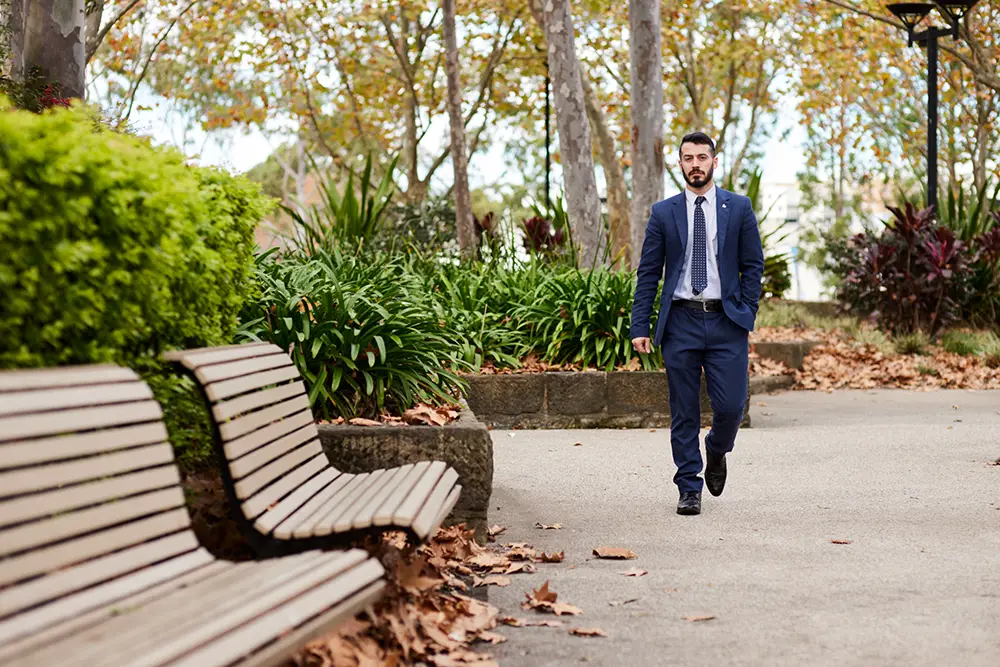
“When I came here, I believed Australia was a country of qualified people who respect Bachelor’s degrees. I was confident that employers would guide me to find the correct role in my field where I could contribute to their business.”
To have the best chance of finding suitable employment, Alaa needed both recognition of his formal education and to develop his understanding of Australian work rights and culture.
Within months of arriving in Australia, he was supported by the SSI employment team and case worker to get his driver’s licence and successfully undertake the process to have his degree recognised. To enhance his soft skills, Alaa also attended several work development workshops, on topics such as how to find employment in Australia, creating a professional network, resumes and cover letters, work rights and culture, and mock interview practices.
“When I received my recognition, I started applying for jobs straight away. I don’t want to be dependent on Centrelink, it is important to me to be independent and support myself,” he said.
Frustratingly, as the responses to his applications arrived in his inbox and he received feedback from interviews, Alaa was repeatedly told he was not suitable for the position due to his lack of Australian work experience.
“If I have the qualifications and experience required, I can do the job. Why are my skills disregarded if my experience is from overseas? This is an unfair process which means many workers like me are missing out, and businesses are not getting the workers they need,” said Alaa.
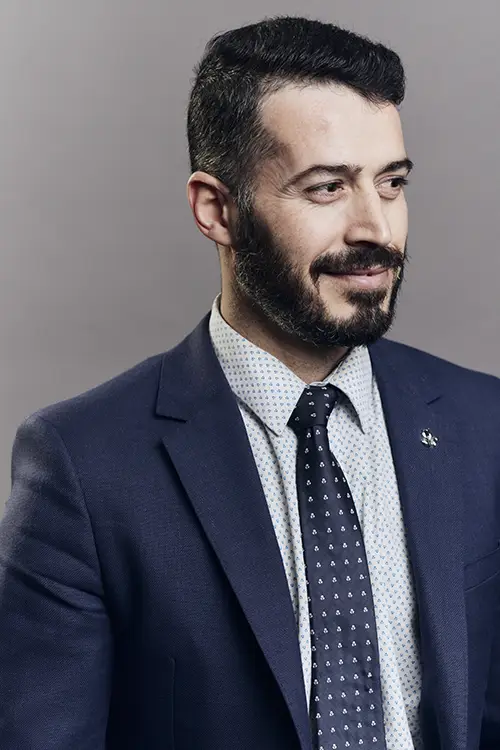
In an attempt to get his foot in the door, Alaa resorted to seeking unpaid roles and internships, without success.
“It is very difficult if you were not born in Australia. I have offered to work for free or in lower-skilled roles but have not had success. How are you supposed to get Australian work experience if nobody gives you a chance?” he asked.
To support himself while he continued to seek work in his area of expertise, Alaa found employment with a bank as a banking assistant.
He is grateful for the opportunity to earn a living and is taking any opportunity to keep his customer service and communications skills fresh but remains determined to continue his engineering career in Australia.
“If we make the system for matching people with skills and qualifications with businesses that need the roles simpler, there will be benefits not only for people, but also for the government and the country.”

